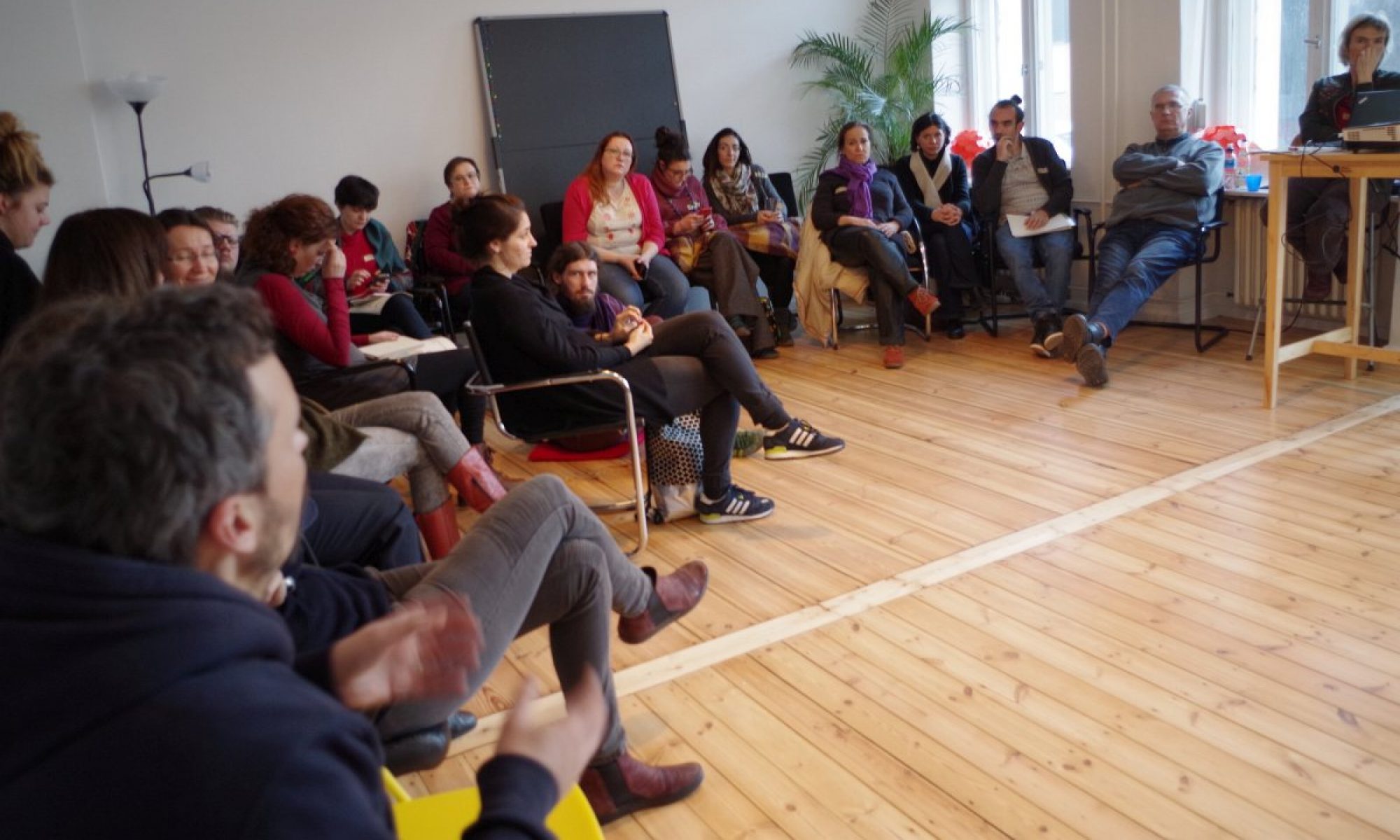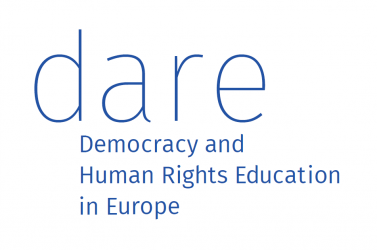From 01.-05. November a group of 25 educators and experts from the STEPS partnership met in Almunecar (ESP) to discuss key findings from 12 national studies on the relationship between populism in politics, radicalisation and de-radicalisation of young people and its contextualisation to EDC/HRE work with young people in 12 European countries.

The participants introduced the key findings from 12 national studies, which concentrated on three sets of questions:
- a contextualisation of the terms of political populism, radicalisation and post-truth as it appears on the national levels regards to youth work and EDC/HRE with young people
- a description on the effects of the political discourses and programs on EDC /HRE with young people resulting from the entry of right wing populist parties to the political levels (legal frames, programs form local – national levels)
- an introduction to existing educational/youth policies and on educational concepts of youth work to work on the topics of populism, post-truth and radicalisation in EDC/HRE settings.

Based on the commonalities and specifics of the findings, together with Stefan Manevski from the COE youth department the partners discussed the relation and consequences for EDC/HRE in youth work related to the implementation of existing European and global political frames on local, national and European levels: These frames are e.g. provided by the EU Paris Declaration, the COE European Charter on EDC/HRE (and its review 2017), the SDG´s Goal 4, the COE Recommendation on youth work and the COE ENTER! Recommendation on young peoples access to social rights.

Of specific importance was the discussion on current European Union Councils conclusions on the role of the youth sector in an integrated and cross-sectoral approach to preventing and combating violent radicalisation of young people.
These often well- intended frames need to be enshrined, set into practice and supported by policy making on the national levels: these levels are in most European countries since a longer time developing in a different direction, mainly due to the appearing of well organised right-national -populist movements and parties who largely influence political decision making and EDC/HRE with young people in general but also on the topic of radicalisation.
EDC/HRE work with young people offers sound, proven and effective instruments of non-formal learning approaches that are enabling for conscious and quality based learning processes. NGOS as educational providers seem to be the organisations who can make the link between non-formal and formal learning and therefore have an important role.
The expert meeting identified various common points and relevant practices where NGO´s as EDC/HRE providers can offer a vital contribution to the implementation and co-formulation of the European policies, they also lined out a variety of gaps and barriers that are systematically hindering from better performance.
Policy Paper
As a result of the meeting the participants work on a policy paper which introduces new and emerging views on European policy programming.
Next STEPS activities:
- Trainers workshop from 13-18 February 2018 at Hochdrei, Potsdam (GER)
- STEPS toolkit training from 12-15 June 2018 at Center for Hellenic Studies, Nafplio (GRE)
Support
STEPS is a mobility project for staff active in youth work. STEPS supported by the Erasmus+ Programme of the European Union, Agreement Number – 2017-1-DE04-KA105-015114.

